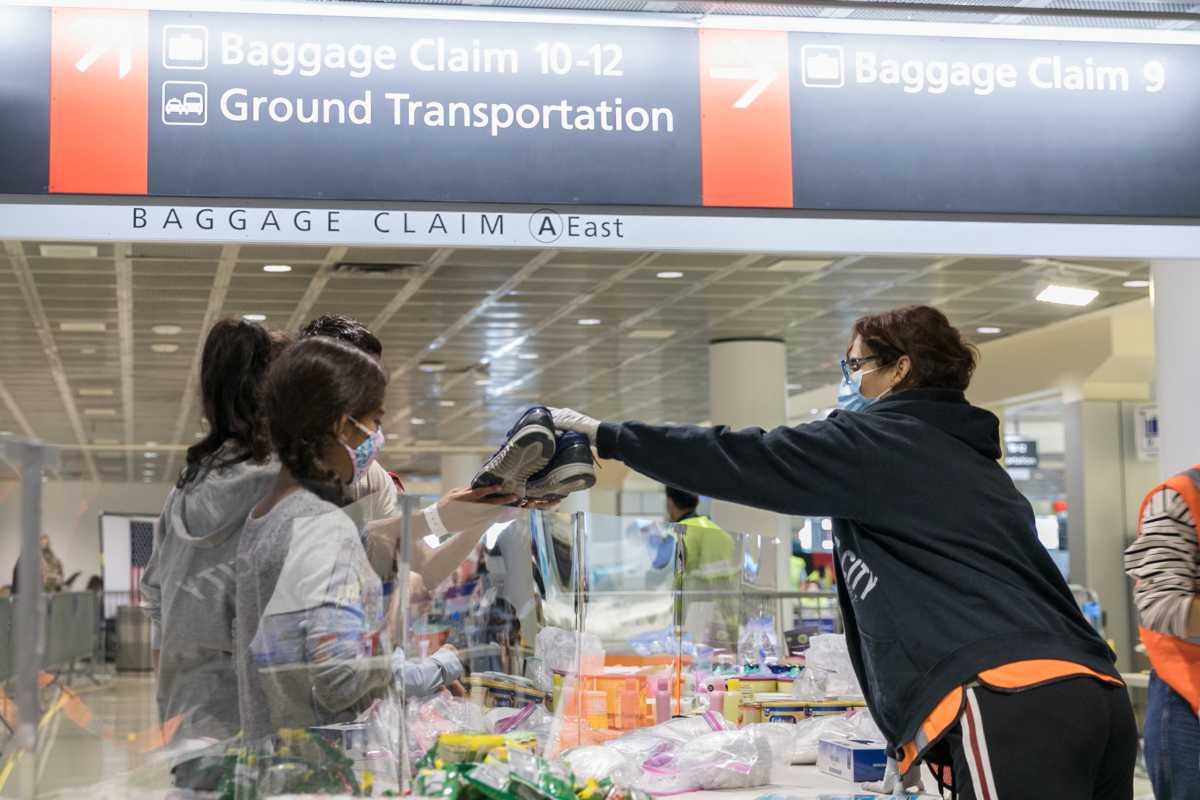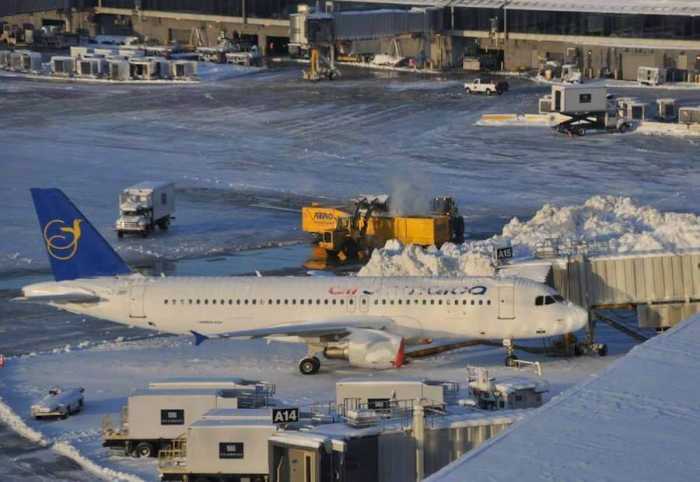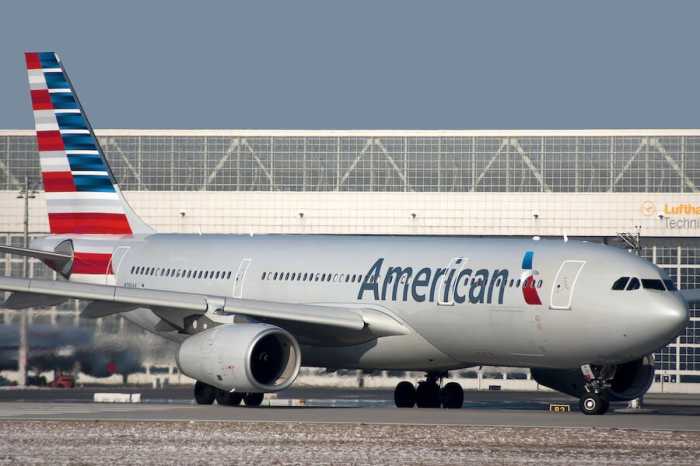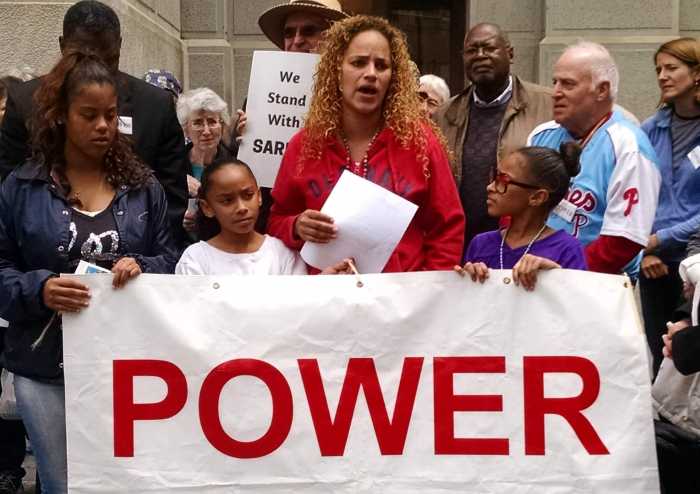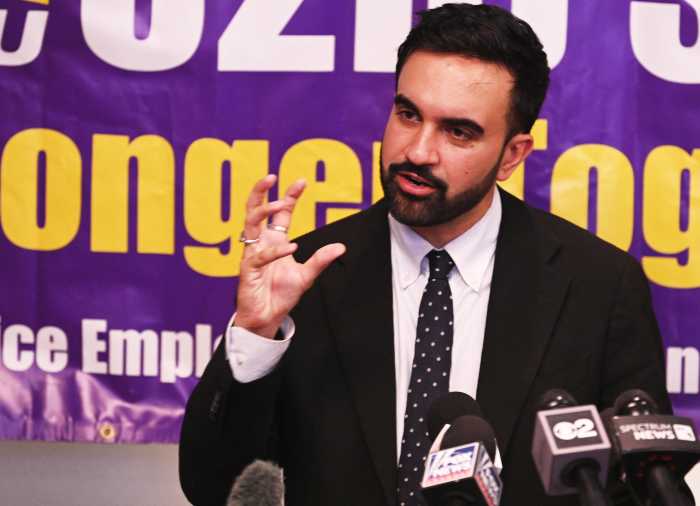Afghan evacuees are expected to arrive in Philadelphia for the first time in three weeks, officials said.
Flights into the United States had been delayed due to a handful of measles cases.
Going forward, Philadelphia International Airport will serve as the main point of entry for those fleeing Afghanistan, a U.S. Department of Homeland Security spokesperson told Metro.
Before flights were suspended, evacuees were also arriving at Dulles International Airport, but the Virginia facility is no longer involved in the operation.
“Now that we are the only airport in the United States welcoming evacuees, our commitment remains stronger than ever,” Mayor Jim Kenney said in a statement Tuesday. “We will protect the rights and dignity of the Afghan individuals and families arriving in our country.”
Tens of thousands of Afghans have been relocated to the U.S. since August, when the Taliban took control of the country amid the Biden administration’s withdrawal of troops.
Many of the evacuees aided American forces during the 20-year war, and all have undergone extensive security checks, according to Homeland Security.
Between Aug. 28 and Sept. 10, nearly 50 flights brought 11,869 evacuees through Philadelphia International Airport, Kenney’s office said.
Though U.S. citizens and those with special visas were able to leave the airport promptly, most of the evacuees who have arrived have been taken to one of eight military facilities for temporary housing, including Fort Dix in New Jersey.
While on base, they can receive guidance on applying for immigration status and work authorization.
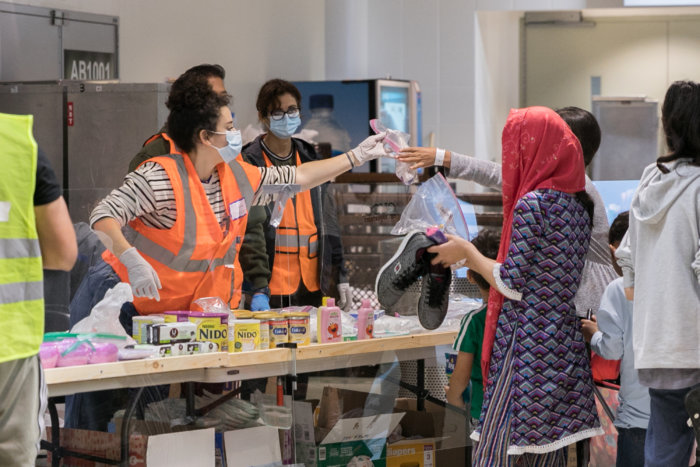
City officials are collaborating with the Nationalities Services Center, HIAS Pennsylvania, Bethany Christian Services and Catholic Social Services to resettle the evacuees.
Operation Allies Welcome, as the national relocation campaign is known, was put on pause last month after four Afghans who arrived in the country tested positive for measles, according to multiple national media outlets.
Homeland Security representatives said a massive undertaking was completed to inoculate nearly 50,000 evacuees already in the U.S. against measles, mumps, rubella and chickenpox.
Afghans getting the MMR shot at a military base are currently being required to remain on-site for three weeks following vaccination based on a recommendation from the U.S. Centers for Disease Control and Prevention, officials said.
Those entering the U.S. on humanitarian parole, a bulk of arrivals, are required to receive several immunizations, including a coronavirus vaccine.



